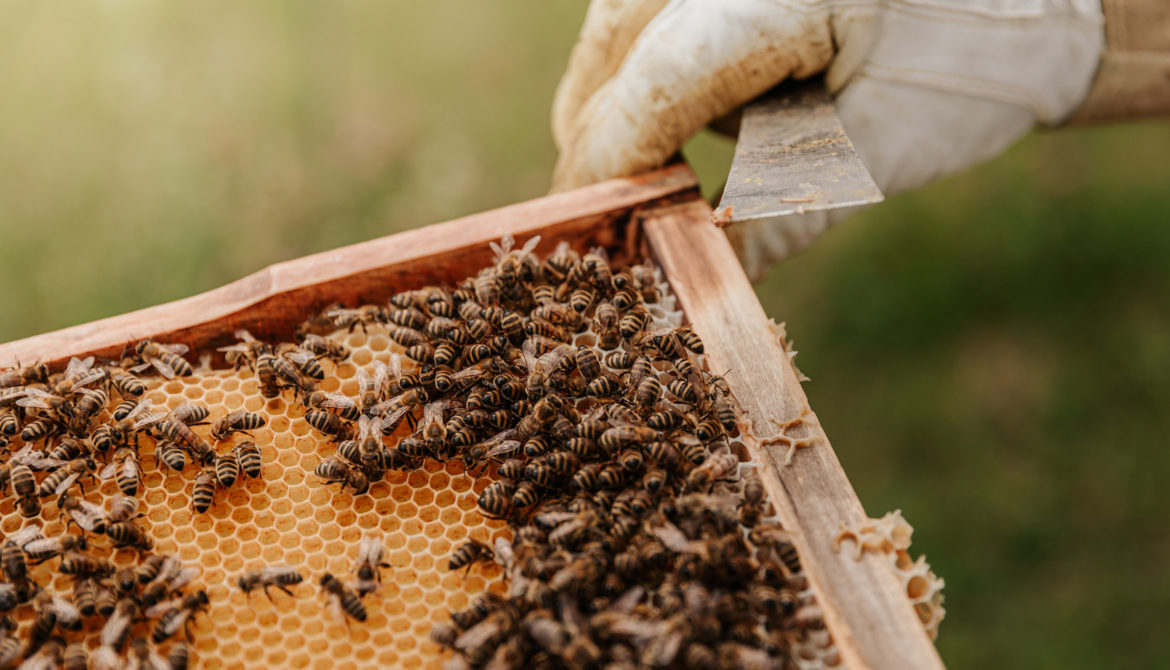
Views • 21/05/2021 • 3 minutes read
Biodiversity practices with MAPP
As part of the MAPP’s wider sustainability services, we are continually improving, building and maintaining biodiversity across our managed properties.
Here are some of our projects we are working on across our assets in partnership with our supply chain to deliver on our aims and also meet client goals:
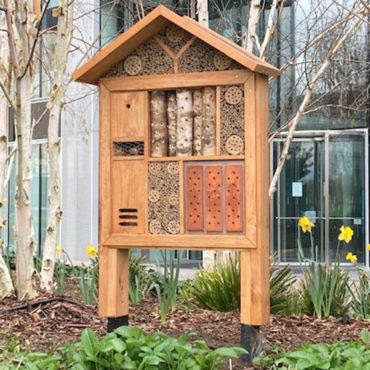
Winnersh Triangle, Reading
Winnersh Triangle opened their “5-star bug hotel” this April, and should start receiving a lot of visitors as the weather warms up. Bug hotels are a fantastic way to increase insect biodiversity and in turn, facilitate pollination of plants across the site as well as attract a range of bird species.
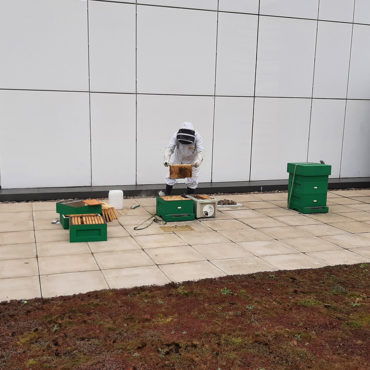
Windmill Green, Manchester
At Windmill Green, a rooftop terrace apiary hosts several thriving and healthy beehives. The bees have been out actively foraging and pollinating this spring, and look set to produce a large honey yield this autumn.
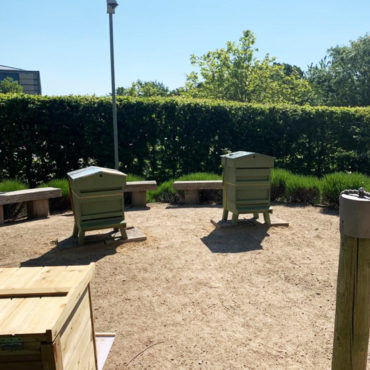
Stockley Park, Greater London
Stockley Park, one of our leading business parks, has an incredible range of biodiversity enhancements in place across its site such as wildflower areas, beehives and bird boxes. This spring one of the bird boxes was inhabited by a pair of robins, which successfully raised a nest of chicks.
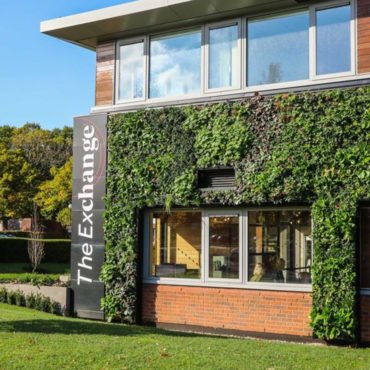
Chineham Park, Basingstoke
Chineham Park installed an exterior living green wall to help towards their aim of achieving carbon neutrality. Green walls help purify the air, regulate urban temperatures and thermally benefit buildings. The plant selection was carefully chosen to provide maximal ecological value, and the wall has since flowered successfully and attracts plenty of insect life.
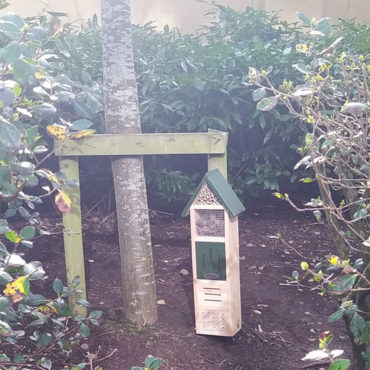
Holyrood Park House, Edinburgh
Holyrood Park House Edinburgh has recently introduced two inviting bug hotels as well as a hedgehog home. These two ecological enhancements work in harmony, and a diverse insect population will present plenty of foraging opportunities for hedgehogs.
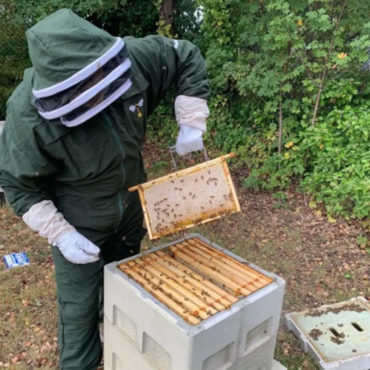
Farnborough Park, Farnborough
Farnborough Park reaped the rewards of its active and well looked after bee colony last November. They collected 6kg of honey and filled 30 jars which were distributed amongst staff. The park also participated in the RSPB Big Garden Birdwatch this year. Citizen science projects such as these are an interactive way to engage people with their local wildlife, whilst also collecting vital data needed to monitor species population levels.